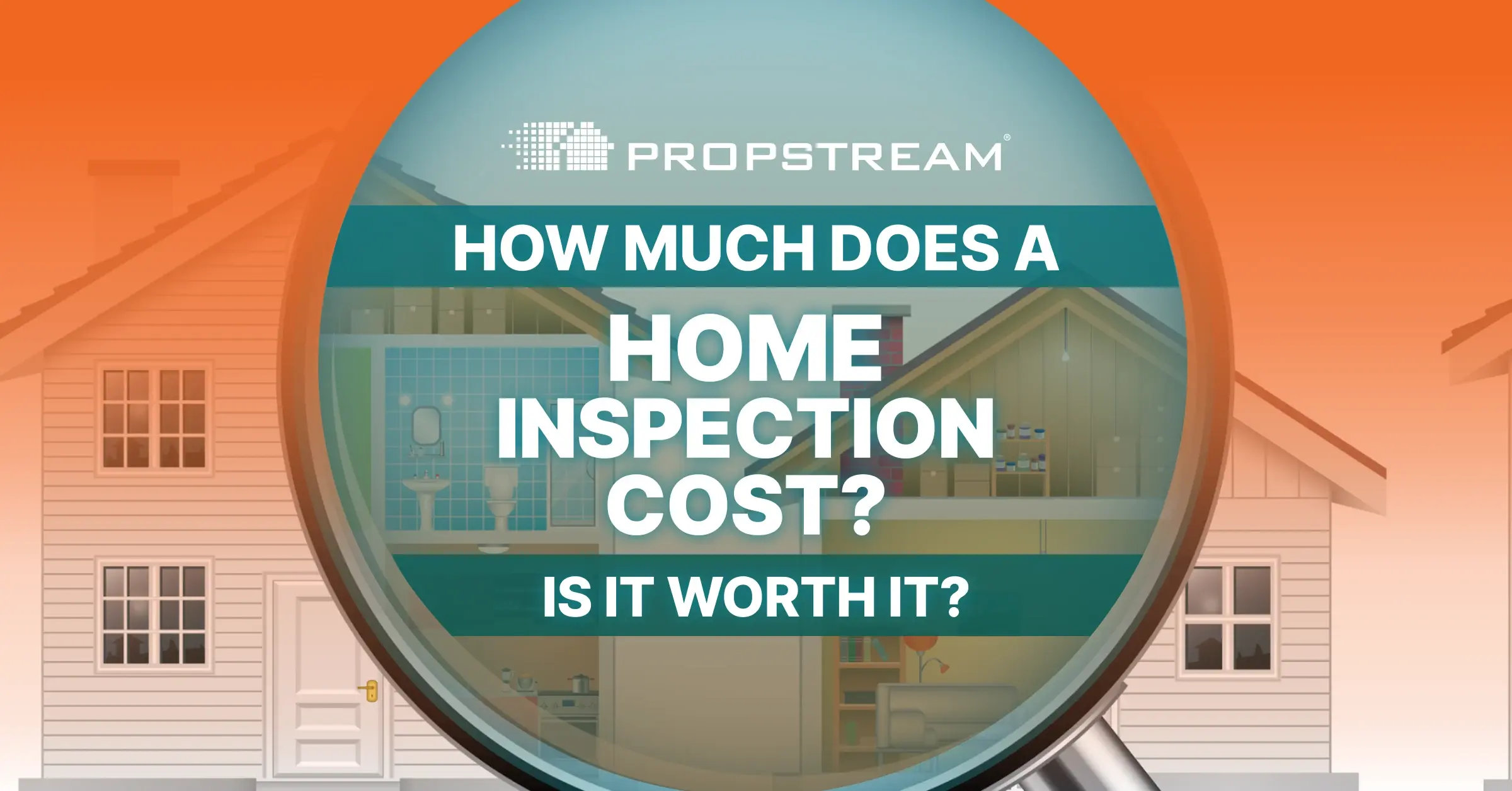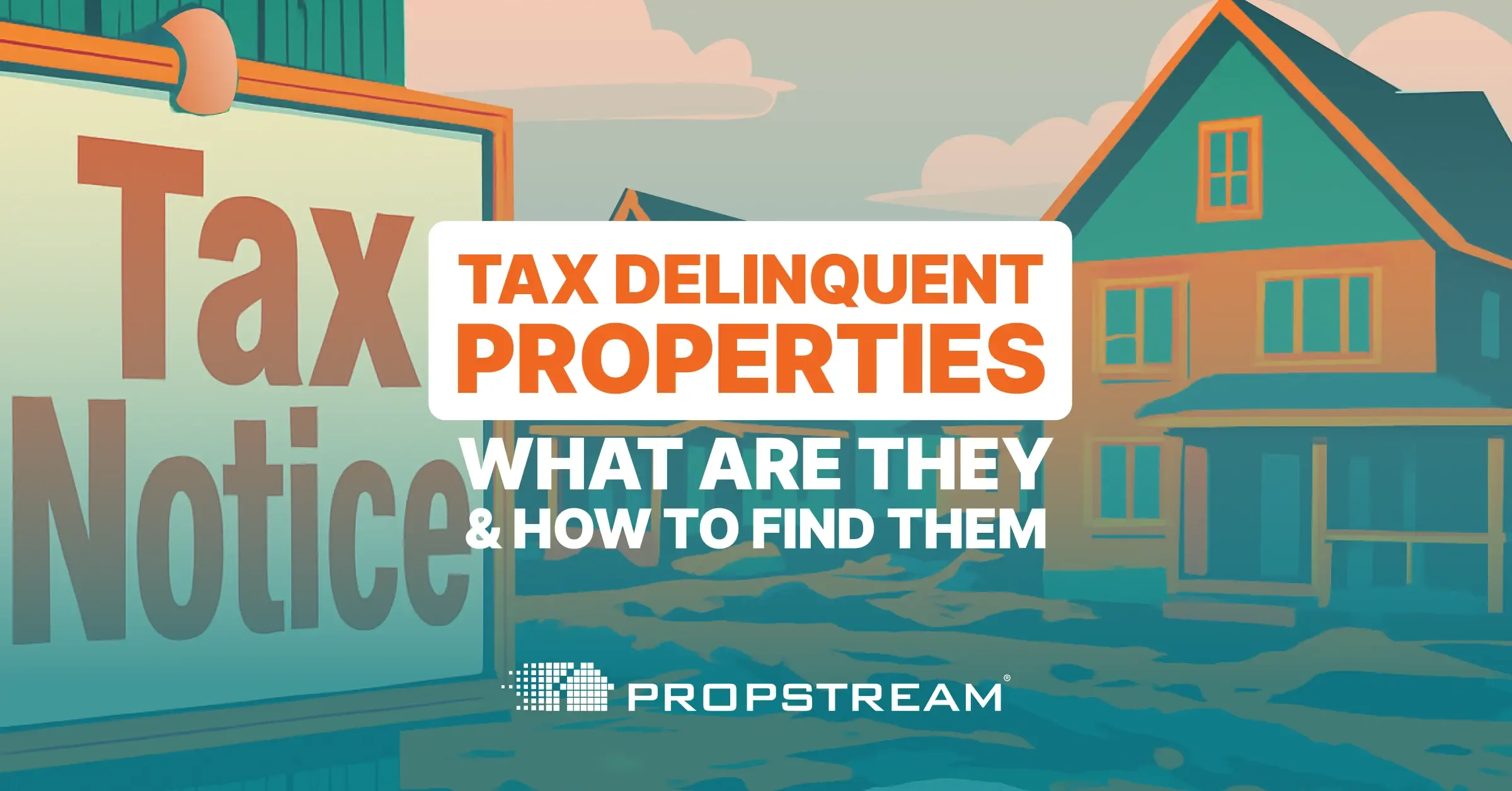Disclaimer: PropStream does not offer investing advice or make profit promises. This article is for educational purposes only. We recommend consulting financial professionals and/or doing your due diligence before investing in real estate.
|
Key Takeaways:
|
Accurate comps are essential for pricing properties and evaluating potential deals. But what if you don’t have access to the Multiple Listing Service (MLS)? The good news is you can still get reliable real estate data without it. Read on to learn how.
Table of Contents |
What Are Real Estate Comps?
%20(1).png?width=1252&height=834&name=COMPS%20(2)%20(1).png)
Real estate comps (short for “comparables”) are recently sold properties that are similar in location, size, condition, and features to the property you’re evaluating. They’re used to estimate a property’s current market value based on what similar nearby homes have sold for.
As an investor, having accurate comps is crucial to securing a profitable deal. When buying, comps help you make strong, data-backed offers and avoid overpaying. When selling, they help you set competitive listing prices—high enough to profit but realistic enough to attract buyers and decrease the time spent on the market.
Why Accurate Comps Matter for Different Investor Types
Different investor types use real estate comps slightly differently:
| Investor Type | Why Comps Matter | How They Help |
| Landlords | To estimate property value and determine market rent | Ensures you buy at a good price and maximize total rental income |
| Flippers | To calculate after-repair value (ARV) | Determine purchase price and renovation budget |
| Wholesalers | To evaluate potential deals and justify assignment fees | Helps you make the most competitive offers and pitch fair deals |
| Pro Tip: To estimate repair costs on a potential fix-and-flip, use PropStream’s Rehab Calculator. |
For some, the Multiple Listing Service (MLS) is a go-to source for real estate comps. It’s where most agents list properties for sale and find homes to buy on behalf of their clients. As a result, it includes key details of on-market sales, including final purchase prices.
However, to access the MLS, you must have an active real estate license or work with someone who does. That’s why many investors consider getting licensed themselves. But is it worth it?
To get (and remain) licensed, you must pay:
- State-required real estate course expenses
- State exam fees
- Fingerprint, background, and processing fees
- Application fees
- Continuing education fees
- Renewal fees
- Broker commission splits for any commission or referral income
On top of the financial costs, it usually takes months of studying to pass your real estate exam. Then you must apply to a brokerage (and submit more paperwork) to claim your license. From there, you must keep up with continuing education to keep your license active. So, ultimately, the choice to get your real estate license for MLS access is yours.
Even if you are licensed with MLS access, you may want to explore other data sources to perform more thorough comp research. For example, off-market deals aren’t recorded in the MLS but are still documented in public records, including those held by the county recorder’s, assessor’s, or treasurer’s office (depending on the jurisdiction).
The Best of MLS and Public Real Estate Data: PropStream
Run comps with PropStream to get the best of the MLS and public records. It aggregates real estate data from both sources to provide the fullest picture of any property.
PropStream’s database includes over 160 million property records, 308 million deed/sales, 185 million mortgage records, 41 million pre-foreclosures, 70 million MLS records, 150 million involuntary liens, and 7 billion document images. But that’s not all.
You can also set custom search filters for the broadest or most precise range of comp results. That way, you can get the most accurate comps for any deal.
From there, buyers can also generate lead lists, skip-trace owner contact information, and launch email or postcard campaigns to make offers and win off-market deals.
| Pro Tip: For the 12 non-disclosure states that don’t make sales prices publicly available, PropStream provides sales price estimates. Otherwise, sales prices for disclosure states reflect actual sales prices as reported in the county assessor’s office. |
Step 1: Click on the Comparables & Nearby Listings Tab
Here, you can see other property types and situations in the area listed on sub-tabs. By clicking on these, you can automatically view comps based on that criteria.
You’ll also see automatically generated comps based on default criteria: the property must have sold within the past year, be within half a mile of the subject property, and have a square footage within 20% of the subject property’s size. However, you can customize any comp criteria to fit a property’s unique characteristics, location, and situation. You can also choose to run comps with public record data, MLS data, or a combination of both by clicking on the relevant “Data Set” option.
Step 2: Add and Adjust Other Comp Search Filters
You can edit your filters such as sales date range, square footage, distance, number of bedrooms and bathrooms, year built, and more.
Step 3: Narrow Search Results Geographically Using the Draw Tool (if Necessary)
If you want to run comparables in a more targeted region, PropStream's Draw Tool can help you hyper-target your search to the most precise region.
Step 4: You're Done—Save Your Results to Review Later!
After you've produced a sufficient amount of options, save your results to new marketing lists. From there, you can review your options or export them when it works for you.
Start Your Free PropStream Trial
Ready to take your comp analysis to the next level? With PropStream, you don’t need separate MLS access as an investor, and you can pull from several data sources on one convenient platform. Plus, our platform includes skip tracing, lead lists, and other marketing tools to help you streamline your real estate investing business.
Enjoy 50 Free Leads with Your Trial Offer!
Try PropStream for 7 Days Free!
Frequently-Asked Questions (FAQs)
What are real estate comps?
Real estate comps, or comparables, are recently sold properties that are similar in size, location, and condition to the property you’re evaluating. They’re used to estimate a property’s current market value.
How do you find real estate comps?
You can find comps through MLS data, public property records, or tools like PropStream that combine both sources and allow you to narrow searches by over 165 filters.
Do I need MLS access to run comps?
No, while MLS access can help, you can run accurate comps using platforms like PropStream that aggregate MLS and public data, including off-market property sales.
How is PropStream different from the MLS?
PropStream combines MLS data with public records and investor-focused tools, giving you a more complete and customizable view of property values than the MLS can alone.
For a comprehensive comparison between the MLS and PropStream, check out this article.
How often is PropStream data updated?
On PropStream, MLS data is updated daily, vacant data is updated monthly, and tax assessor records are updated annually (though some counties may update more frequently).
Subscribe to PropStream's Newsletter



